|
Last summer seems so long ago, but a story we published this week got me thinking about a special experience I had in early September. I was at our family cottage on northern Georgian Bay with my daughter and son-in-law, who has an app on his phone that alerts him when the International Space Station is flying overhead. His phone went off just after dusk one night and so we rushed outside to look for the orbiting station. A few minutes later, a large and bright light traversed the sky on a southwest-to-northeast axis. It was quite the sight. Northern Georgian Bay is one of many places in Canada that’s superb star gazing territory – the lack of urban light pollution allows the Milky Way to gloriously project across the sky. I thought seeing the Space Station was something special, but then I read this great piece by Samantha Lawler, an assistant professor of astronomy of the University of Regina. She points out that SpaceX (which sent four astronauts to the International Space Station this week) will soon launch thousands of satellites into earth’s orbit. “No longer will you escape your city for a camping trip and see the stars unobstructed: you will have to look through a grid of crawling, bright satellites no matter how remote your location,” wrote Prof. Lawler.
Her article was one of our most-read stories of the last week. For your weekend pleasure, I’ve assembled the stories that were the most popular with our readers this week, as well as some of the most-read stories from other editions of The Conversation global network.
Have a great weekend and we’ll be back in your Inbox on Monday.
|
Our most popular stories of the week
|
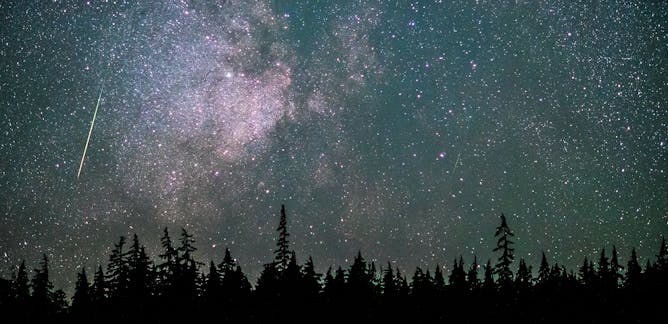
Samantha Lawler, University of Regina
SpaceX's satellites will populate the night sky, affecting how we observe the stars. And this is just the beginning of private satellite mega-constellations.
| |

Jack L. Rozdilsky, York University, Canada
Donald Trump continues to stoke his base with false allegations of a 'rigged' election, meaning widespread violence is still possible post-election as the U.S. devolves into a fragile state.
|
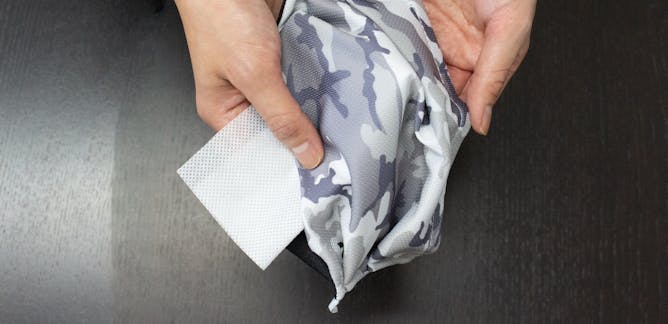
Catherine Clase, McMaster University; Charles-Francois de Lannoy, McMaster University; Scott Laengert, McMaster University
Everything you need to know about non-woven polypropylene, the fabric now recommended for use as a filter in cloth face masks: What it is, what to look for and where to find it.
| |
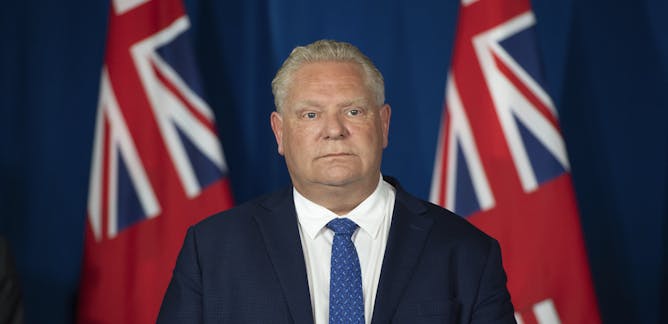
Mark Winfield, York University, Canada
Is Ontario Premier Doug Ford's mishandling of the second wave of COVID-19 a byproduct of his pro-business sympathies?
|
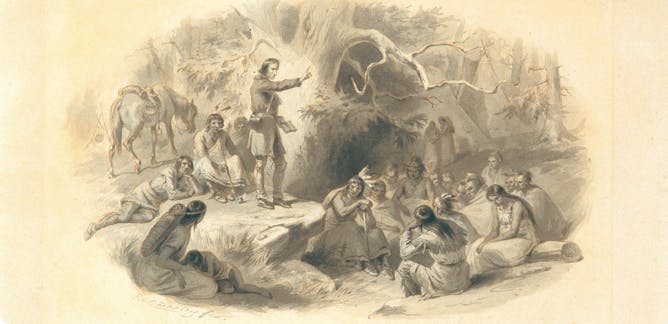
Matthew Patrick Rowley, University of Leicester
Power, plague and Christianity were closely intertwined in 17th-century New England.
| |
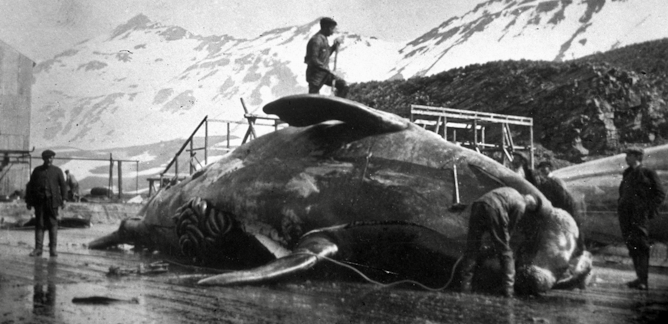
Daniella McCahey, Texas Tech University; Alessandro Antonello, Flinders University
For 200 years, a small number of countries have exploited the marine wildlife of Antarctica, often with devastating impact on their populations.
|

Denis Muller, University of Melbourne
Murdoch has become very adept at changing colours to suit changing political landscapes – and the US election is yet another example of that.
| |
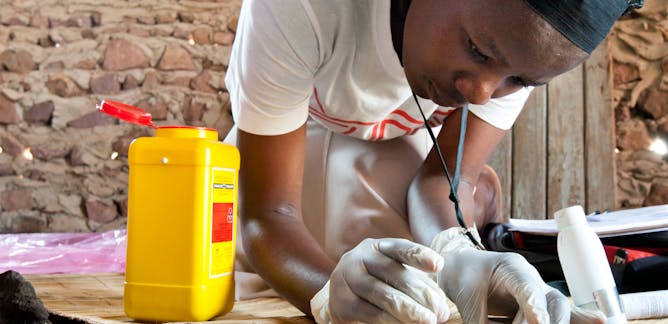
Gilles van Cutsem, University of Cape Town
One of the main challenges remains that diagnostics and drugs for people suffering from advanced HIV aren't readily available. This group of people is vulnerable to deadly opportunistic infections.
|
|
|